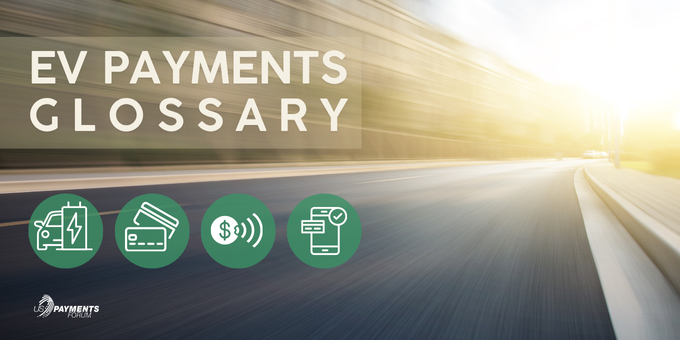Electric Vehicle Charging Payments Glossary
The U.S. Payments Forum Electric Vehicle Charging Glossary defines a common set of terms and standards that support clear understanding of electric vehicle (EV) charging payments across the industry. Focused on terminology relevant to payment approaches, this resource promotes consistency in how stakeholders communicate about this rapidly evolving area of commerce.
Browse the live glossary below or download the full version for easy reference and sharing.
Please note: The information and materials available on this web page (“Information”) is provided solely for convenience and does not constitute legal or technical advice. All representations or warranties, express or implied, are expressly disclaimed, including without limitation, implied warranties of merchantability or fitness for a particular purpose and all warranties regarding accuracy, completeness, adequacy, results, title and non-infringement. All Information is limited to the scenarios, stakeholders and other matters specified, and should be considered in light of applicable laws, regulations, industry rules and requirements, facts, circumstances and other relevant factors. None of the Information should be interpreted or construed to require or promote the establishment of any solution, practice, configuration, rule, requirement or specification inconsistent with applicable legal requirements, any of which requirements may change over time. The U.S. Payments Forum assumes no responsibility to support, maintain or update the Information, regardless of any such change. Use of or reliance on the Information is at the user’s sole risk, and users are strongly encouraged to consult with their respective payment networks, acquirers, processors, vendors and appropriately qualified technical and legal experts prior to all implementation decisions.

